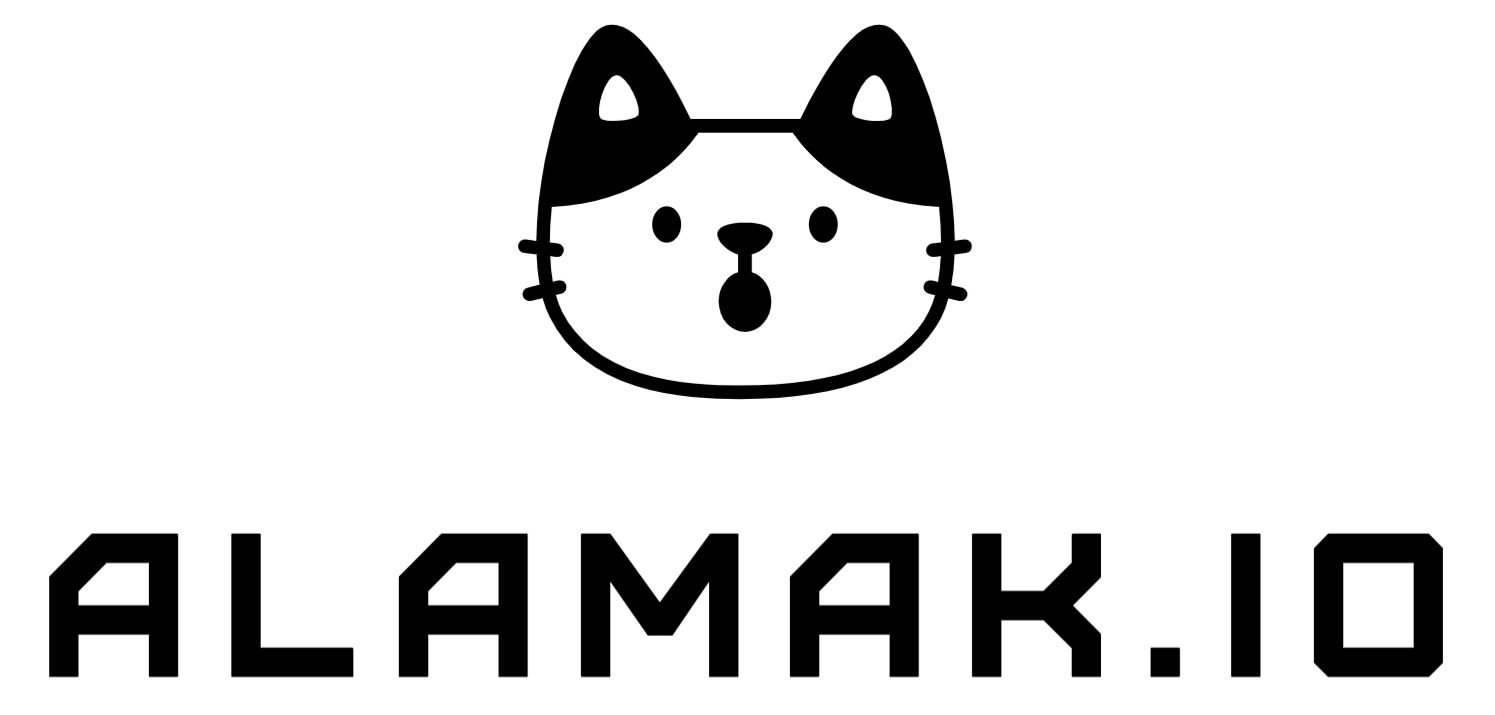Tbilisi, the capital of Georgia, has been engulfed in conflict as riot police deployed tear gas and water cannons to disperse protesters rallying against a controversial legislative proposal. The bill, perceived by many as an attack on media freedom, has sparked significant unrest. Demonstrators, expressing their dissent, resorted to throwing eggs and bottles at law enforcement outside the parliament building. This escalation led to numerous injuries and detentions among the protesters.
Contentious Legislation
The heart of the unrest is the “foreign agent” bill, which received initial approval from Georgian lawmakers on April 17. Drafted by the ruling Georgian Dream party, the legislation mandates that NGOs and independent media organizations receiving over 20% of their funding from foreign sources must register as entities “bearing the interests of a foreign power.” These groups would also fall under the scrutiny of Georgia’s Justice Ministry and could be compelled to disclose sensitive information or face substantial fines up to 25,000 Georgian lari (approximately $9,400 or £7,500).
Public Backlash
The bill’s advancement has triggered a wave of street protests, reflecting widespread concern over the potential erosion of civil liberties and democratic principles in Georgia. Critics argue that the legislation mirrors similar laws in Russia, which have been used to suppress dissent and control the narrative around civil rights. The intensity of the protests and the government’s harsh response underscore the deep divisions over the direction of Georgia’s governance and its commitment to democratic norms.







